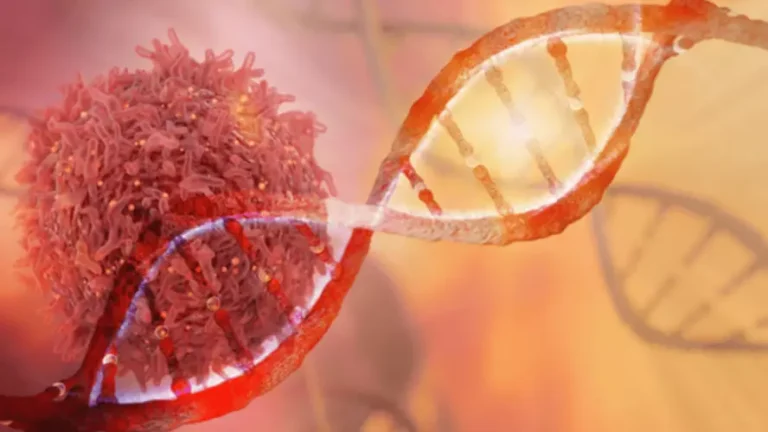
Many people who seek treatment are able to overcome the addiction. A strong support system is helpful for making a complete recovery. People with alcohol use disorder will continue to drink even when drinking causes negative consequences, like losing a job or destroying relationships with people they love. They may know that their alcohol use negatively affects their lives, but it’s often not enough to make them stop drinking. This, in turn, can lead to more heavy drinking or binge drinking. This is not a debate, discussion or theory, it is a fact and it is estimated that approximately 3 million people a year die from alcohol use worldwide.
Easing of mental health symptoms
That as a result people often are far down that slippery slope before they suddenly realize perhaps they should reign it in. Regular use of alcohol can change the way the brain’s neurotransmitters operate, altering the natural release and uptake of dopamine and endorphins, which are vital in sensation and reward. This biological chain reaction is often the primary driver in the cycle of addiction.
What health complications are associated with alcoholism?
The presence of common mental disorders like depression and anxiety poses significant risk factors for developing AUD. Although gambling addiction is a serious, potentially dangerous disorder, it can be treated with a combination of therapeutic modalities, recovery resources, and supportive psychosocial services. These therapies and services are available through professional treatment programs that specialize in addressing compulsive gambling, with or without a co-occurring substance use disorder. Many reasons for substance abuse are related to a person’s overall mental health, but some risk factors are beyond a person’s control and predispose them to substance abuse. These factors can include living in poverty or growing up in an abusive household.
Human alcoholism has same brain feature

Contact FHE Health to speak to one of our counselors and get on the path to recovery. Addiction is one of the most difficult things a person can try to tackle, particularly if they are trying to do it alone. Substance abuse has no simple solution, but understanding the reasons why we drink or take drugs is a helpful step toward recovery. Drugs and alcohol are often thought of as a way to escape real life or provide a recreational outlet, but many turn to substances to help them perform better. The most common example of this includes athletes who use human growth hormones or steroids to reach physical gains over other athletes.
- For instance, buprenorphine, a medication that mitigates withdrawal symptoms and reduces cravings, is now reaching an average of 37,000 new patients monthly.
- Alcohol tolerance, cravings, and withdrawal symptoms are all signs of physical addiction.
- “Institutional environment” refers to factors like lack of support from a physician’s institution or employer; insufficient resources, such as staff and training; challenges in organizational culture; and competing demands.
- The Gateway Foundation is a recognized leader in addiction medicine.
During these stages, treatment is effective and many who seek treatment in these early stages avoid many of the detrimental effects of alcohol for themselves and their loved ones. Evidence-based treatment for AUD works no matter how early or late in addiction you or a loved one are. But when you indulge in long-term heavy drinking, frequent binge drinking and excessive alcohol consumption, it does affect the delicate chemical balance within the brain.
- That’s why intoxicated people may slur their speech, stumble when they walk or react slowly to what is happening around them.
- Despite knowing the negative effects drugs can have on their bodies, they choose to ignore this information and fail to accept the reality of the consequences that beset them.
There are several factors that play a role in determining who becomes addicted to alcohol, including genetics and environmental influences. There is a definite link between genetics and alcoholism and children of alcoholics are at higher risk of developing alcohol https://ecosoberhouse.com/article/the-importance-of-gratitude-in-recovery/ addiction. As the effects of the binge wear off, the individual enters the negative affect/withdrawal stage. This stage is marked by an increase in negative emotions and physical symptoms of withdrawal, such as anxiety, irritability, nausea, and even depression.
Our Treatment Centres

Countries all over the world are slowly coming to terms with the prevalence and impacts mental health issues are having on our society. In 2021, approximately 16.5% of the population aged 12 and older struggled with some type of substance abuse disorder. Addiction can start harmlessly enough but easily snowball into something beyond the person’s control. Since it’s unlikely someone became an addict by their own free will, we’re left with many questions as to why people abuse drugs and alcohol. The Gateway Foundation is a recognized leader in addiction medicine.
Alcohol Consumption and Social Influences

When you’re dealing with a stressful situation or have had a difficult day, this can be a welcome change. And the more you use alcohol to help your body slow down, the more you’ll have to consume to achieve that same effect over time. Alcohol and socializing have gone hand in hand for centuries — so much so that it’s easy to forget alcohol is a drug. Alcohol is a depressant, meaning it slows down the body’s vital functions. That’s why intoxicated people may slur their speech, stumble when they walk or react slowly to what is happening around them. It’s also why people who have been drinking struggle to think rationally or demonstrate sound judgment.

What are the risk factors?
However, alcohol addiction is complex, and anyone can ultimately be affected—even when few risk factors are present. Some people can drink casually without ever developing an addiction. But alcohol is still a highly addictive substance, and addiction to alcohol is more common than addiction to drugs. Alcohol is a central nervous why is alcohol so addictive system depressant that unbalances GABA (which calms the central nervous system) and glutamate (which ramps it up). Eventually, people who drink heavily can begin to rely on alcohol to keep their nervous system in check. Without alcohol, symptoms of depression or anxiety can increase, or even happen for the first time.

 PUBLICIDADE PARA SEU NEGÓCIO.
PUBLICIDADE PARA SEU NEGÓCIO. SER UMA AUTORIDADE NA SUA ÁREA
SER UMA AUTORIDADE NA SUA ÁREA CAPTAR LEADS E VENDER MAIS
CAPTAR LEADS E VENDER MAIS LANÇAR CURSOS OU PRODUTOS
LANÇAR CURSOS OU PRODUTOS Av. Paulista 1374 - Bela Vista - São Paulo - SP - CEP: 01310-100
Av. Paulista 1374 - Bela Vista - São Paulo - SP - CEP: 01310-100 Segunda à Sexta-feira das 10:00am às 19:00pm
Segunda à Sexta-feira das 10:00am às 19:00pm